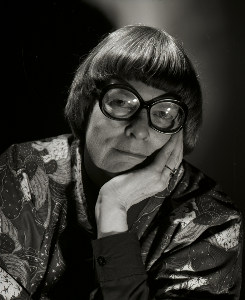A Quote by Barbara Taylor Bradford
If anyone asks me whether I like being a popular writer, I ask them whether they think I'd rather be an unpopular writer.
Related Quotes
When you decide 'to be a writer,' you don't have the faintest idea of what the work is like. When you begin, you write spontaneously out of your limited experience of both the unwritten world and the written world. You're full of naïve exuberance. 'I am a writer!' Rather like the excitement of 'I have a lover!' But working at it nearly every day for fifty years ? whether it is being the writer or being the lover ? turns out to be an extremely taxing job and hardly the pleasantest of human activities.
One question you ask as a writer or any kind of artist when you start making something is, 'Does this have reason to exist in the world?' And you're reassured when you get little confirmations that people are pleased it did exist - whether they buy a ticket, whether it gets good reviews, whether it transfers.
Writer-directors are a little bit more liberal, rather than having just the writer on the set, because I think sometimes the writer becomes too precious with the words. If you're a writer-director, you can see what you're doing and see your work in action, so I think you can correct it right there and still not compromise yourself.
I have never made it a consideration whether the subject was popular or unpopular, but whether it was right or wrong; for that which is right will become popular, and that which is wrong, though by mistake it may obtain the cry or fashion of the day, will soon lose the power of delusion, and sink into disesteem.
It's great to be excited by your profession, whether you are a doctor or a writer. I started writing books when I was in medical school and, by the time I graduated, I realized that writing was more exciting to me than being a doctor. And if I tried to be a doctor and a writer, then both would suffer.







































